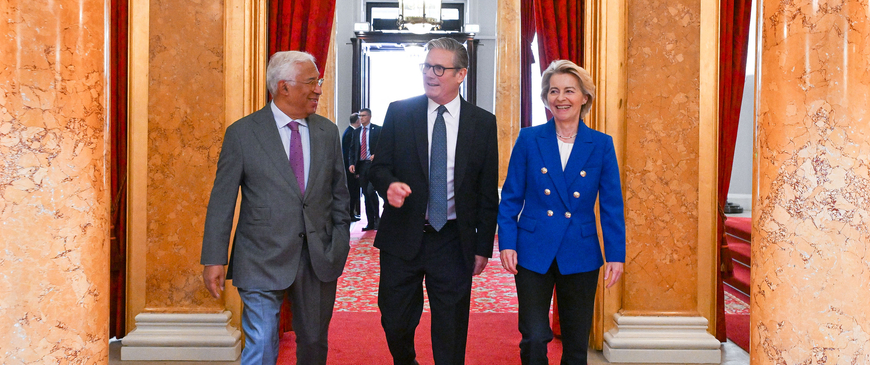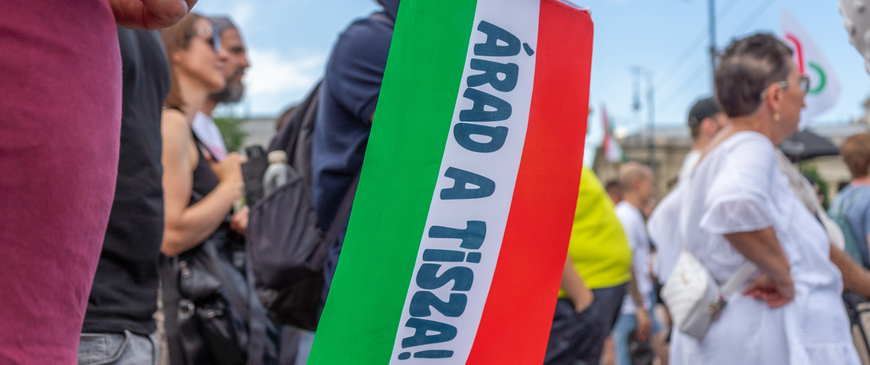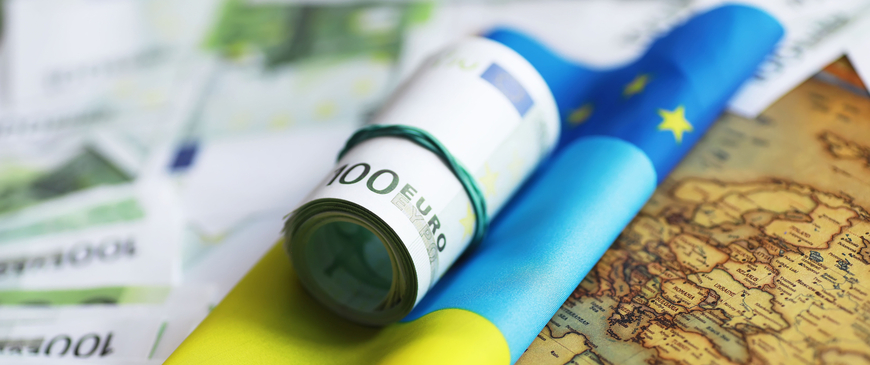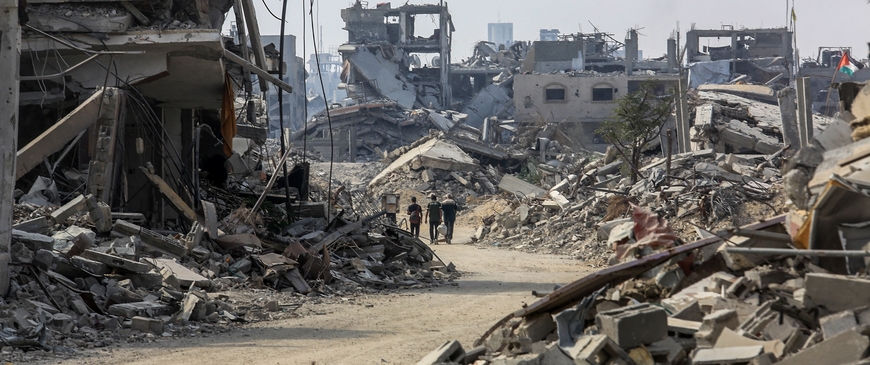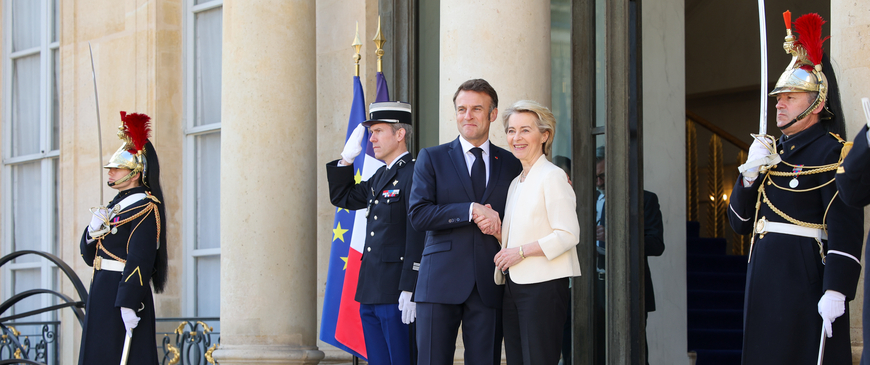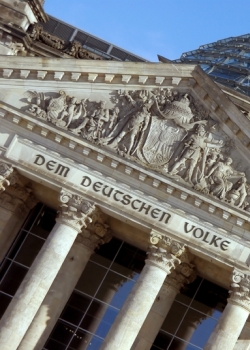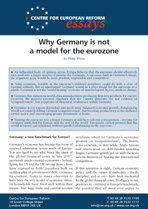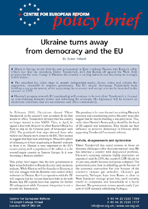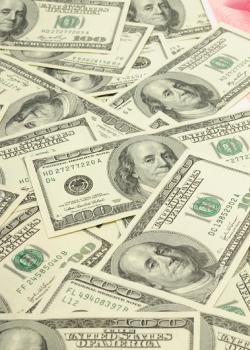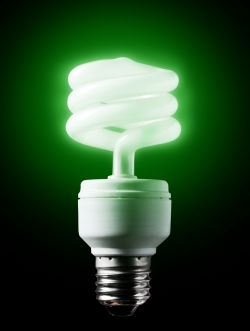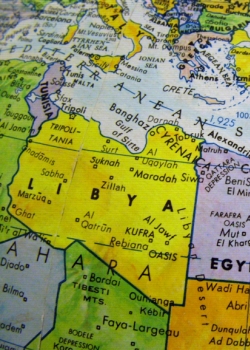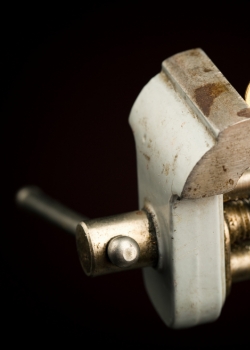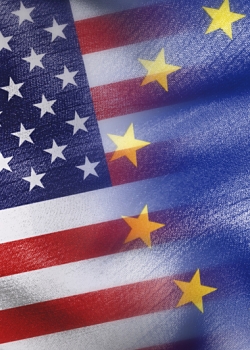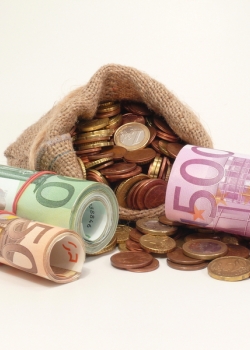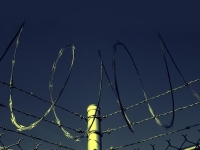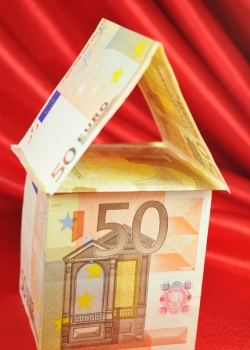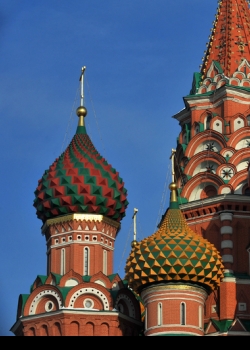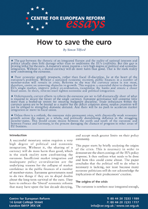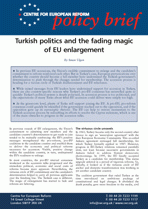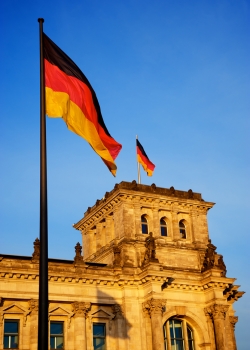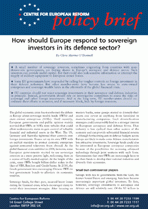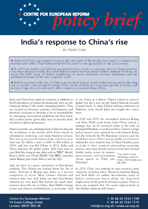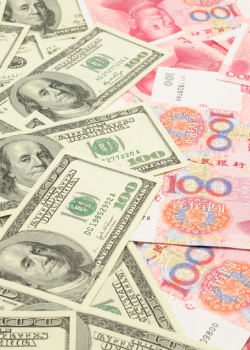Research
Europe dances to Germany's tune
03 November 2010
For much of this year, the response of European leaders to the eurozone crisis has been hesitant and fractious. But when the European Council met in Brussels on October 28th and 29th, the EU appeared to be acting with greater purpose and sense of direction.
Britain's defence review: Good news for European defence?
28 October 2010
On October 19th, the UK's coalition government published its 'strategic defence and security review' (SDSR), laying out the future shape of Britain's armed forces. As was to be expected at a time of budget austerity, the SDSR foresees significant cuts in military capabilities.
Why Germany is not a model for the eurozone
22 October 2010
Many Europeans believe that confidence in the eurozone is best restored by turning the region into a larger version of present-day Germany. However, Germany is not the world-beating economy of current myth.
Ukraine turns away from democracy and the EU
15 October 2010
Ukraine is turning inwards and becoming increasingly authoritarian. The new president, Viktor Yanukovich, has taken steps to muzzle independent media, harass critics and sideline the opposition.
What currency wars mean for the eurozone
15 October 2010
The dollar has now fallen to $1.40 against the euro. This is still below the low of almost $1.60 that it reached in the middle in July 2008, but it represents a steep decline from under $1.20 in early June. Moreover, the US currency is likely to weaken further.
The EU should be much bolder on energy efficiency
12 October 2010
The most pain-free way for European governments to fight climate change is to use energy more efficiently. At a recent energy conference hosted by the European Commission, it struck me that the EU still has a poverty of ambition when it comes to energy efficiency.
Europe and the Middle East - perspectives on Major Policy Issues: What does the future hold for the EU’s efforts in the Middle East?
08 October 2010
Al Siyassa Al Dawliya/European Commission
The Middle East has been a region of major importance to the EU for decades; however, member-states have struggled to fulfil their objectives of supporting peace, prosperity and good governance amongst their southern neighbours.
Divisions remain over euro reform
08 October 2010
Europeans agree that the management of the euro must be improved to prevent future crises, or deal with them better if and when they happen.
The political consequences of the euro crisis
01 October 2010
The eurozone crisis is changing the way the EU works. It is reinforcing a number of trends that had already been visible over the last decade or so: a shift towards a Union in which governments are in the driving seat, large countries matter more than small ones, and more decisions are taken by subsets of member-states.
The midterm elections, Europe and US foreign policy
01 October 2010
Though Barack Obama remains popular in Europe, he has his detractors there, particularly among foreign policy professionals.
The EU's new supervisory architecture - evolution or revolution?
01 October 2010
In early September EU finance ministers approved the Commission's proposals for reforming the EU's supervisory architecture for financial services.
Immigration: Why Brussels will be blamed
27 September 2010
Liberal Sweden elects an explicitly anti-immigrant party to parliament for the first time. France's president and the European Commission lacerate each other in public over deportations of Roma.
Issue 74 - 2010
24 September 2010
- The political consequences of the euro crisis, Katinka Barysch
- The midterm elections, Europe and US foreign policy, Tomas Valasek
- The EU's new supervisory architecture - evolution or revolution?, Philip Whyte
Observations from Russia
23 September 2010
On a recent trip to Russia, I found that the momentum for reform, very evident last year, has dissipated. The more encouraging news is that Russia’s leaders are trying to be civil to Americans and Europeans.
How to save the euro
14 September 2010
Current efforts to reform the eurozone are set to fall dramatically short of what is required to secure the future of the single currency. Poor economic growth prospects, rather than fiscal ill-discipline, lie at the heart of the currency union's problems.
Turkish politics and the fading magic of EU enlargement
07 September 2010
Open hostility towards Turkish accession in some EU countries has made it hard for Turkish politicians to continue preparing the country for membership.
Has Germany become Europe's locomotive?
02 September 2010
The German economy has been growing exceptionally strongly of late. In the second quarter of 2010, it expanded faster than any other economy in the G7 and faster than at any time since the country’s reunification in 1990.
How should Europe respond to sovereign investors in its defence sector?
01 September 2010
A small number of sovereign investors, sometimes originating from non-democratic states, are buying shares in European aerospace and defence companies.
India's response to China's rise
17 August 2010
The US-China 'reset': An opportunity for the EU
02 August 2010
Europe faces few bigger questions than how to handle China. Recent shifts in the Washington-Beijing relationship, together with changes in the EU itself, give the Europeans a chance to rethink their own relations with China.
In 2008 and 2009 China's foreign policy became more assertive. Deng Xiaoping's advice to his fellow...
In 2008 and 2009 China's foreign policy became more assertive. Deng Xiaoping's advice to his fellow...

